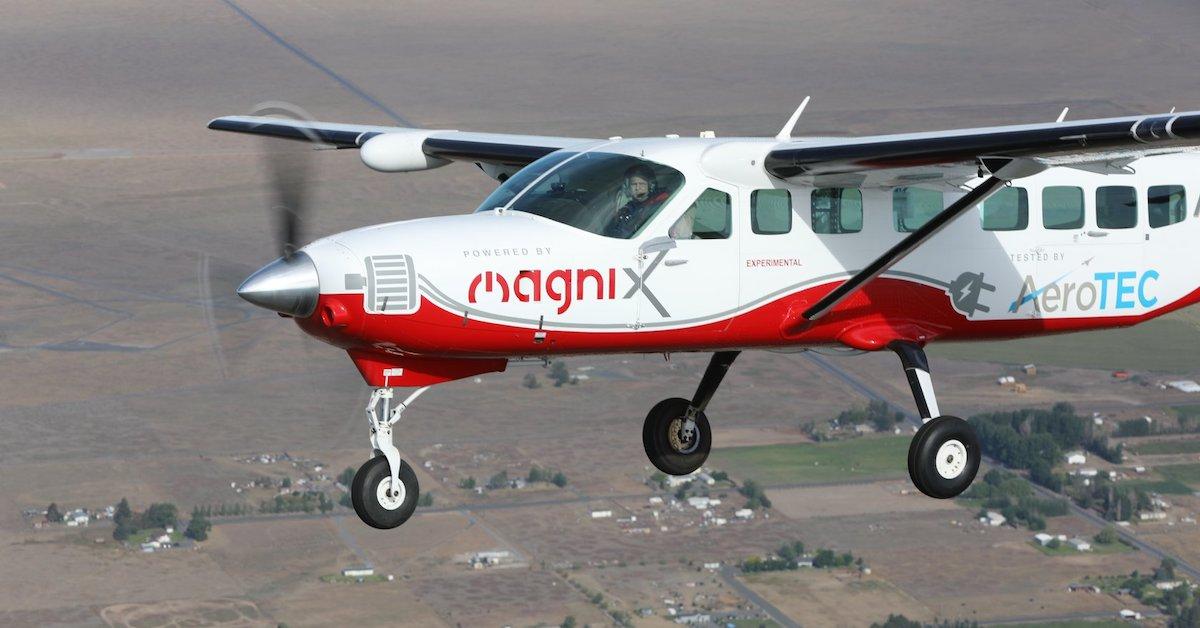These Electric Airplane Startups Hope to Decarbonize the Aviation Industry
Published Dec. 20 2021, 7:01 p.m. ET
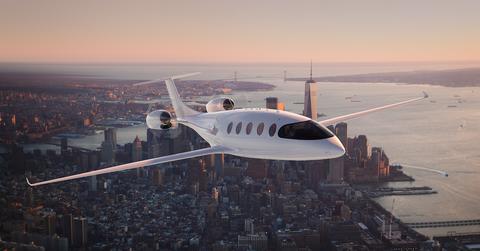
To help reduce the environmental impact of aviation, a number of electric airplane startups have hit the tarmac running in recent years. And in the fight to end the climate crisis, these new companies are desperately needed.
The aviation industry has opened up some amazing doors, but at the same time, it is an incredibly wasteful and pollutive industry. According to Our World in Data, worldwide, aviation is responsible for about 1.9 percent of greenhouse gas emissions, and 2.5 percent of CO2 emissions.
In response, many climate activists have taken pledges to stop supporting the aviation industry, instead relying on other modes of transportation for travel, as part of a movement called flight shame. And while we are still a ways away from powering commercial jets with electric engines, a few innovative companies are making great strides. Here’s a look into just a few of them.
magniX
Founded in Australia in 2005, the company magniX invented several revolutionary electric propulsion units that can be used to power small planes. And over the past few years, the company has worked with a number of other companies to outfit their electric aircrafts with the magniX system, as well as launched its own test flights.
In May 2020, the company made headlines when magniX and AeroTEC launched the first flight test of a vintage Cessna Caravan 208B, which was retrofitted with an all-electric propulsion system made by magniX, and can seat nine people.
magniX believes that the electric era of aviation will not only remove carbon emissions from flights, but it will also ultimately save money — both for operators and passengers.
Eviation
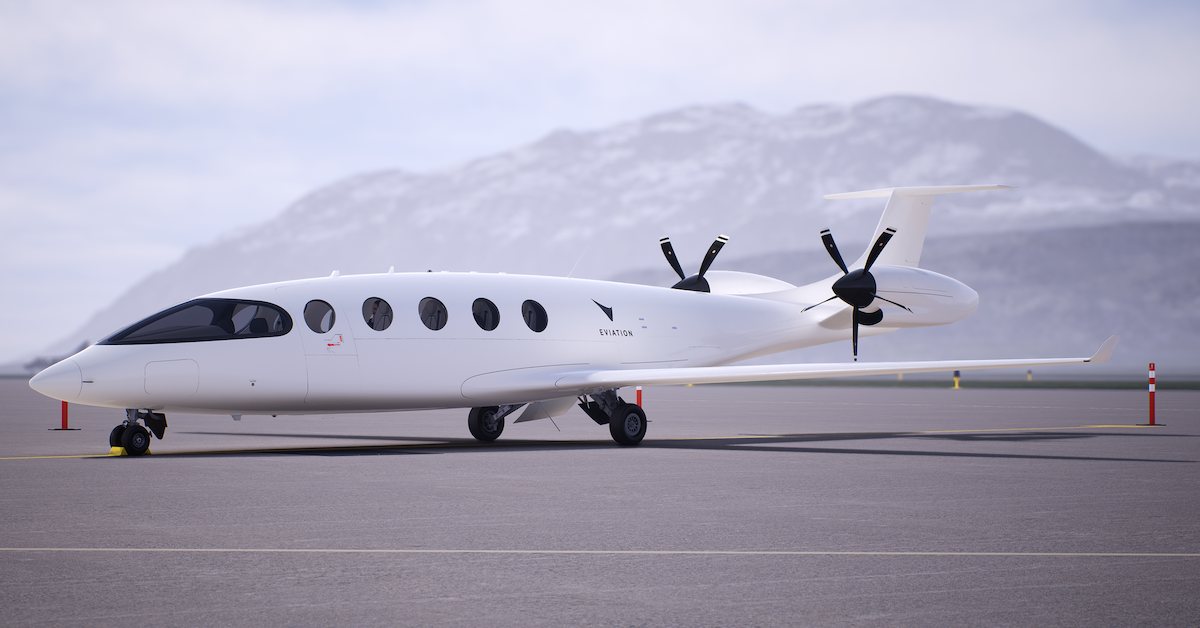
Eviation is an electric aviation company based in both Washington state and Qadima, Israel. The company is currently working on a nine-seat plane called Alice, which Eviation believes is the first all-electric commuter aircraft on Earth. The Alice is actually powered by the magniX all-electric propulsion system.
The Alice’s average cruise speed is 250 knots (kts); this is comparable to a fuel-powered small plane, which typically flies around 280 kts, as per Aviation Coaching. “Our technology is not futuristic, it is realistic,” reads a statement on Eviation’s website. “The world is ready for electric aircraft now.”
Ampaire
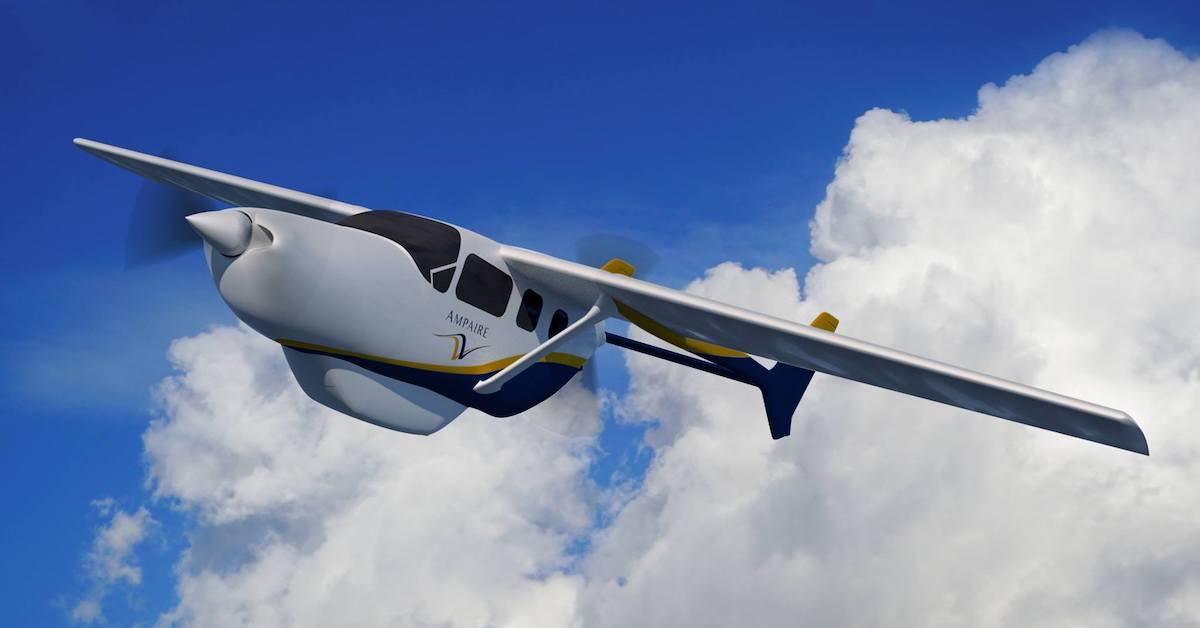
California-based company Ampaire makes hybrid and hybrid-electric aircrafts, often by retrofitting vintage airplanes. The company was in the news in 2019, when it flew the first hybrid-electric test flight, of a plane called The Electric EEL.
Recently, Ampaire partnered with Hawaii-based Mokulele Airlines. As part of a joint trial program, Mokulule has run a number of test flights using small electric Ampaire aircrafts. According to Ampaire, these flights can cost 40 percent less than flights traveling the same distance using traditional fuel. Eventually, Mokulele Airlines plans to sell tickets to commercial flights on Ampaire's aircrafts.
“The core of the mission for our company is to build practical and compelling products that bring meaningful solutions as quickly as possible,” Ampaire CEO Kevin Noertker told Fast Company in 2019, adding that retrofitting planes helps with that, because these vintage planes already have a lot of regulatory approvals in place.
Beta Technologies
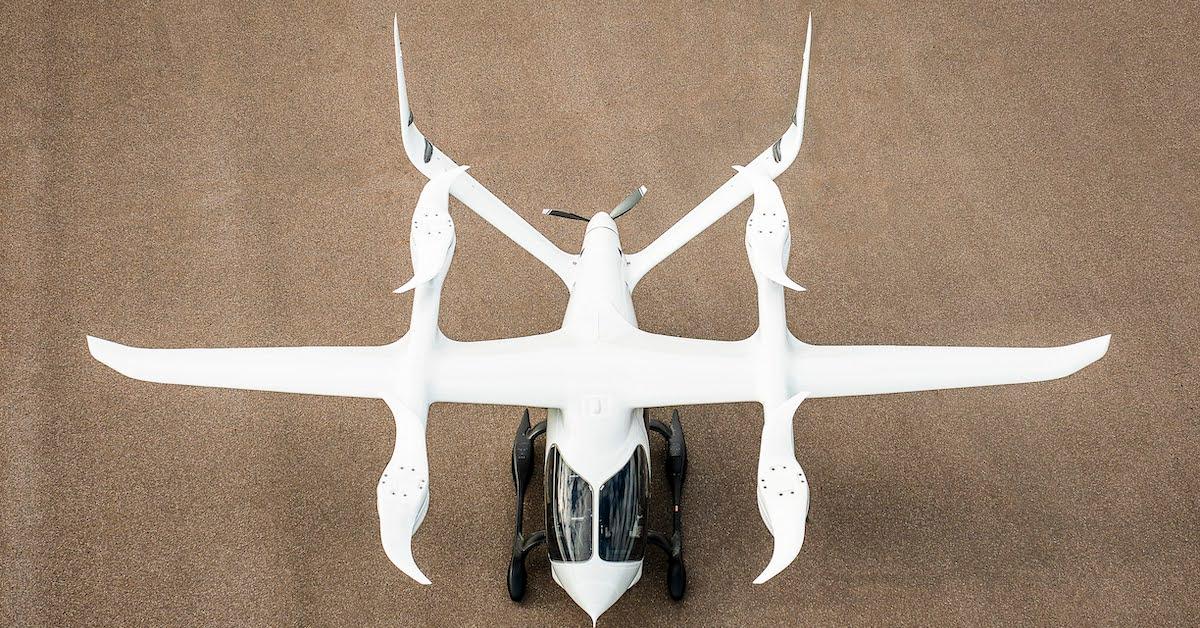
Electric aviation company Beta Technologies, which is based in Vermont, hopes to change the package delivery industry with its electric cargo planes. And it very well might — in December 2021, Forbes reported that Beta has a few very powerful corporate allies.
Beta is partnered with UPS, and the major company hopes to start delivering packages using Beta planes in 2024; additionally, Amazon is an investor in Beta, and Beta hopes to deliver packages for the company in the future as well, according to Forbes.
